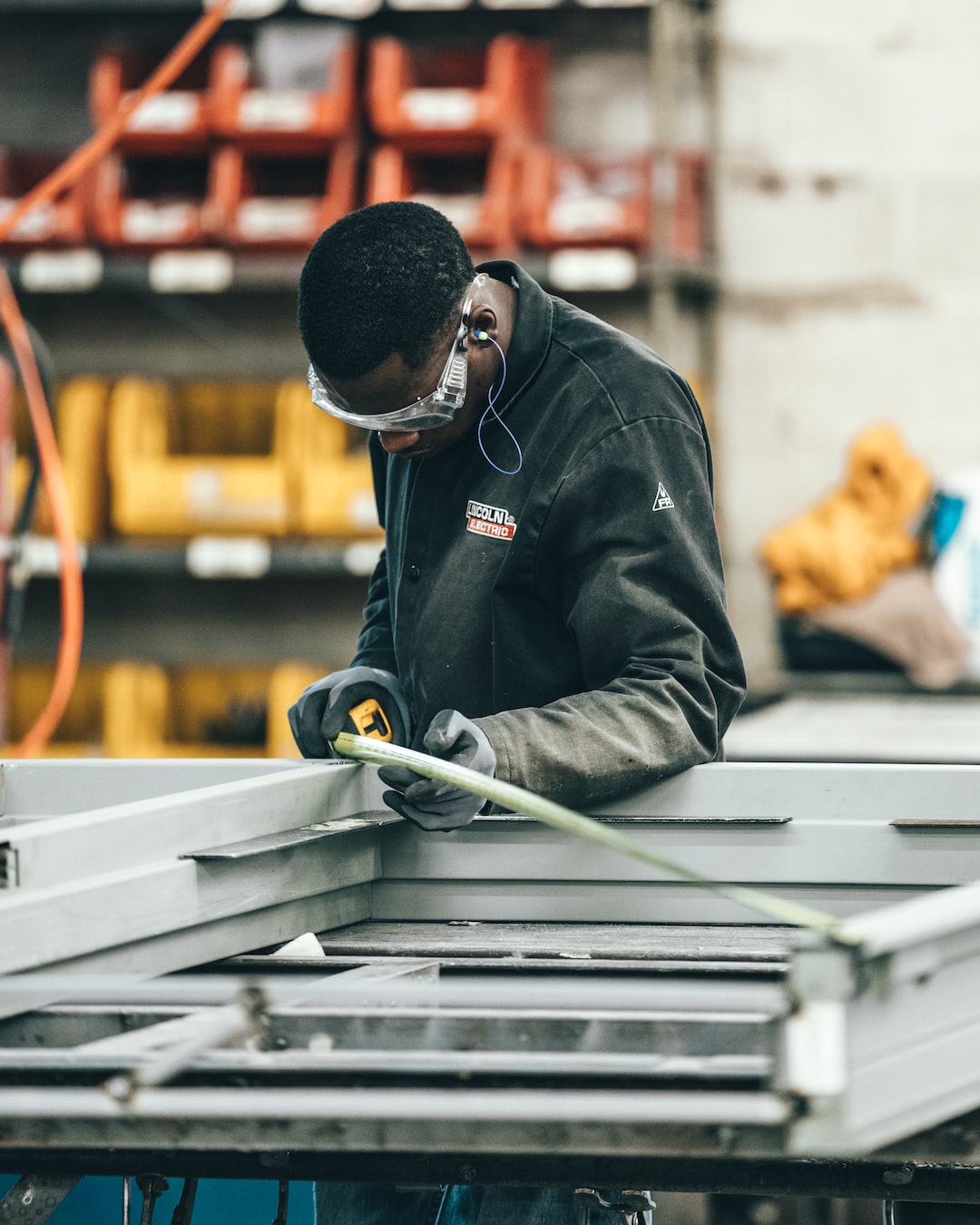In the modern era of manufacturing, there have been many cutting-edge technologies that have been introduced. One of the most prominent technologies that have grown in popularity over the past few years is Augmented Reality (AR). AR refers to the use of computer-generated images superimposed onto real-world objects. AR technology provides a new layer of information to the user that is not visible in the real world, and this technology is beginning to play a vital role in manufacturing operations.
AR technology is being used in manufacturing operations in various ways. The most prominent use of AR technology in manufacturing operations is to provide workers with digital information. For example, workers can use AR technology to display schematics, work instructions or show how to put together complex machinery. The use of AR technology in this way has the potential to increase efficiency and decrease errors because workers can see the information they need directly in their field of view.
Another area where AR technology is playing a vital role in manufacturing operations is in training. In many instances, manufacturing companies have complex machinery that requires specialized training to operate. AR technology can assist in training by providing virtual training scenarios that allow workers to practice their skills in a safe and controlled environment. This also enables companies to train large numbers of workers simultaneously, unlike traditional labor-intensive training methods.
AR technology is also making a difference in the process of inspecting products. In the manufacturing industry, product inspection is essential, but it can be time-consuming and tedious work. With the use of AR technology, workers can inspect products by overlaying virtual models onto real-world objects. This allows workers to identify defects, compare finished products with design specs or even conduct virtual measurements in real-time. Thus, AR technology can reduce the time needed for inspections, as well as render the process more accurate.
AR technology can also provide additional value to customers. With the help of AR technology, manufacturers can offer customers an enhanced experience when it comes to learning about their products. The technology can be used to create interactive product manuals, highlight product features or even show off a product in an augmented environment. This not only increases customer engagement but also contributes to brand loyalty.
In conclusion, Augmented Reality technology provides a gamut of benefits to manufacturing operations, and it is proving to be a vital tool in various applications. AR technology can provide workers with digital information, training, product inspection, and enhance the customer experience. The technology has the potential to increase efficiency, decrease errors, reduce training costs, and at the same time provide additional value to customers. As AR technology continues to improve and become more accessible, it is likely that its use in manufacturing operations will become even more widespread.


